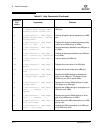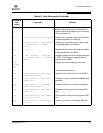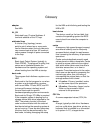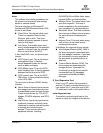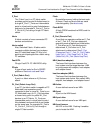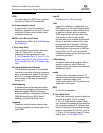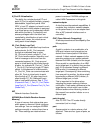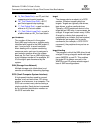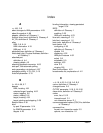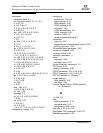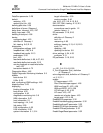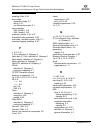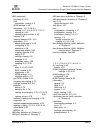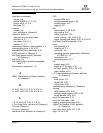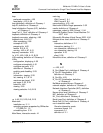
SANsurfer FC HBA CLI User’s Guide
Command Line Interface for QLogic Fibre Channel Host Bus Adapters
Glossary-6 SN0054614-00 F
S
N_Port (Node Port)—an FC port that
supports point-to-point topology.
NL_Port (Node Loop Port)—an FC
port that supports loop topology.
F_Port (Fabric Port)—a port in a fabric
where an N_Port can attach.
FL_Port (Fabric Loop Port)—a port in
a fabric where an NL_Port can attach.
port instance
The number of the port in the system.
Each HBA may have one or multiple ports,
identified with regard to the HBA as port 0,
port 1 and so forth. to avoid confusion
when dealing with a system containing
numerous ports, each port is assigned a
port instance number when the system
boots up. So Port 0 on an HBA might have
a port instance number of, for example, 8 if
it is the eighth port discovered by the
system.
SAN (Storage Area Network)
Multiple storage units (disk drives) and
servers connected by networking topology.
SCSI (Small Computer System Interface)
A high-speed interface used to connect
devices, such as hard drives, CD drives,
printers, and scanners, to a computer. The
SCSI can connect many devices using a
single controller. Each device is accessed
by an individual identification number on
the SCSI controller bus.
target
The storage-device endpoint of a SCSI
session. Initiators request data from
targets. Targets are typically disk-drives,
tape-drives, or other media devices.
Typically a SCSI peripheral device is the
target but an HBA may, in some cases, be
a target. A target can contain many LUNs.
A target is a device that responds to a
requested by an initiator (the host system).
Peripherals are targets, but for some
commands (for example, a SCSI COPY
command), the peripheral may act as an
initiator
target binding
The process in which the HBA driver binds
a target ID using a target’s world wide port
name (WWPN) or port ID. This enables
the target ID to always connect to the
WWPN or port ID across reboots regard-
less of SAN reconfigurations.



